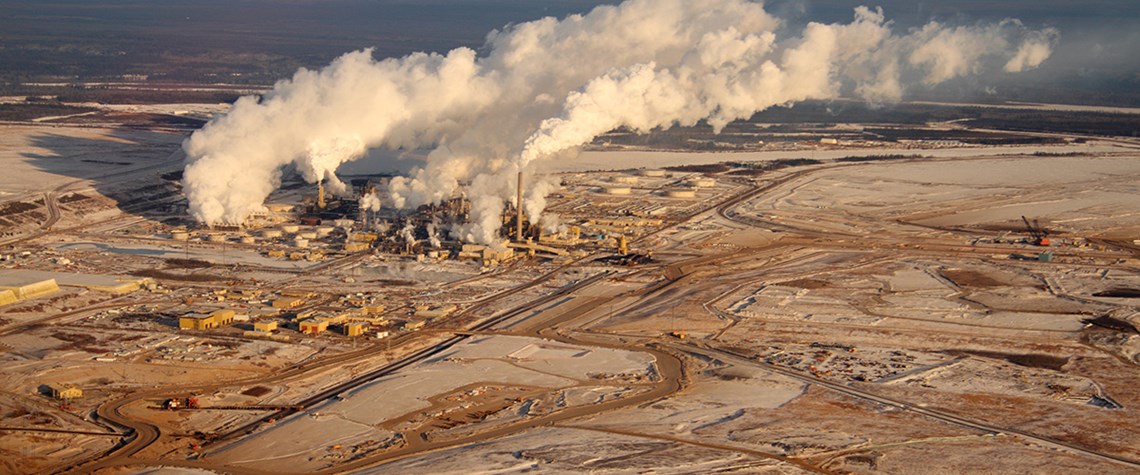Canada's climate wars
Chris Turner's new book is a thorough account of how Alberta's oil sands became one of the energy world's hottest properties—and its most controversial
Preston McEachern, a water scientist for Alberta's government, had a startling metaphor. The oil sands had become "the harp seal of the environmental movement", he told me in 2011, at the height of their notoriety—the easiest, softest target to kill. Anyone who's seen them would know why the projects divide opinion. They make for a huge, ugly fume-belching scar on the landscape—a monumental example of humanity's exploitation of the earth's resources. Or, to the petroleum engineer, a true feat of development and progress, drawing the world's economic lifeblood from a remote landscape. Either way, McEarchern was right—they're easy to pick on. You can visit the oil sands: rent a car and drive a

Also in this section
19 February 2026
US LNG exporter Cheniere Energy has grown its business rapidly since exporting its first cargo a decade ago. But Chief Commercial Officer Anatol Feygin tells Petroleum Economist that, as in the past, the company’s future expansion plans are anchored by high levels of contracted offtake, supporting predictable returns on investment
19 February 2026
Growth in LNG supply will surpass the rise in demand in 2026 for the first time in years, according to Mike Fulwood, senior research fellow at the OIES, but lower prices are likely to encourage fuel switching and could create more demand on a permanent basis
19 February 2026
Awais Ali Butt, manager for sales and business development at Pakistan LNG Ltd, discusses LNG’s role in energy security across developing, price-sensitive economies, as well as examining trade-offs between buying strategies and the impact of lower prices and policy on import behaviour
19 February 2026
LNG’s technical maturity, availability and price, as well as regulation, have driven its rapid adoption as a marine fuel, yet its future in shipping will depend on transition policies and progress in cutting methane emissions and scaling bio- and synthetic LNG, according to Carlos Guerrero at Bureau Veritas







